Cross Curricular
Cross-curricular working takes careful planning, but well done well it enhances learning and enables students to think beyond the confines of the school curriculum. History teachers can set up projects with other subjects as diverse as Maths, English and Art. Non-school subjects, such as Archaeology also relate well to History.
Sort by:
Date (Newest first) | Title A-Z
Show:
All |
Articles |
Podcasts |
Multipage Articles
-

Historical and interdisciplinary enquiry into the sinking of the Mary Rose
ArticleClick to view -

Active remembrance
ArticleClick to view -

Bringing together students from Bradford and Peshawar
ArticleClick to view -

Climate change: greening the curriculum?
ArticleClick to view -
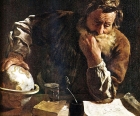
From the history of maths to the history of greatness
ArticleClick to view -

Remembering Agincourt: Bilingual Enquiry
Multipage ArticleClick to view -
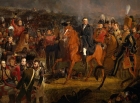
Cunning Plan 158: teaching about the history of the UK Parliament
ArticleClick to view -

Triumphs Show 157: What makes art history?
ArticleClick to view -

Triumphs Show 156: Fresh perspectives on the First World War
ArticleClick to view -
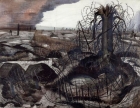
Helping Year 9 explore the cultural legacies of WW1
ArticleClick to view -
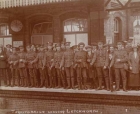
Writing Letchworth's war: developing a sense of the local within historical fiction through primary sources
ArticleClick to view -
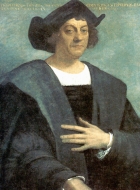
Combating a Cook-centric past through co-curricular learning
ArticleClick to view -
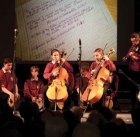
History, music and law: commemorative cross-curricularity
ArticleClick to view -
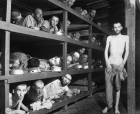
Can we educate Year 9 in genocide prevention?
ArticleClick to view -

An authentic voice: perspectives on the value of listening to survivors of genocide
ArticleClick to view -

Employment, employability and history
ArticleClick to view -
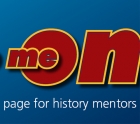
Move Me On 147: Making Analogies Meaningful
ArticleClick to view -
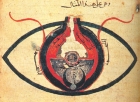
'How do ideas travel?' East meets west - and history meets science
ArticleClick to view -

What about history? Lessons from seven years with project-based learning
ArticleClick to view -

Developing meaningful cross-curricular approaches
ArticleClick to view

